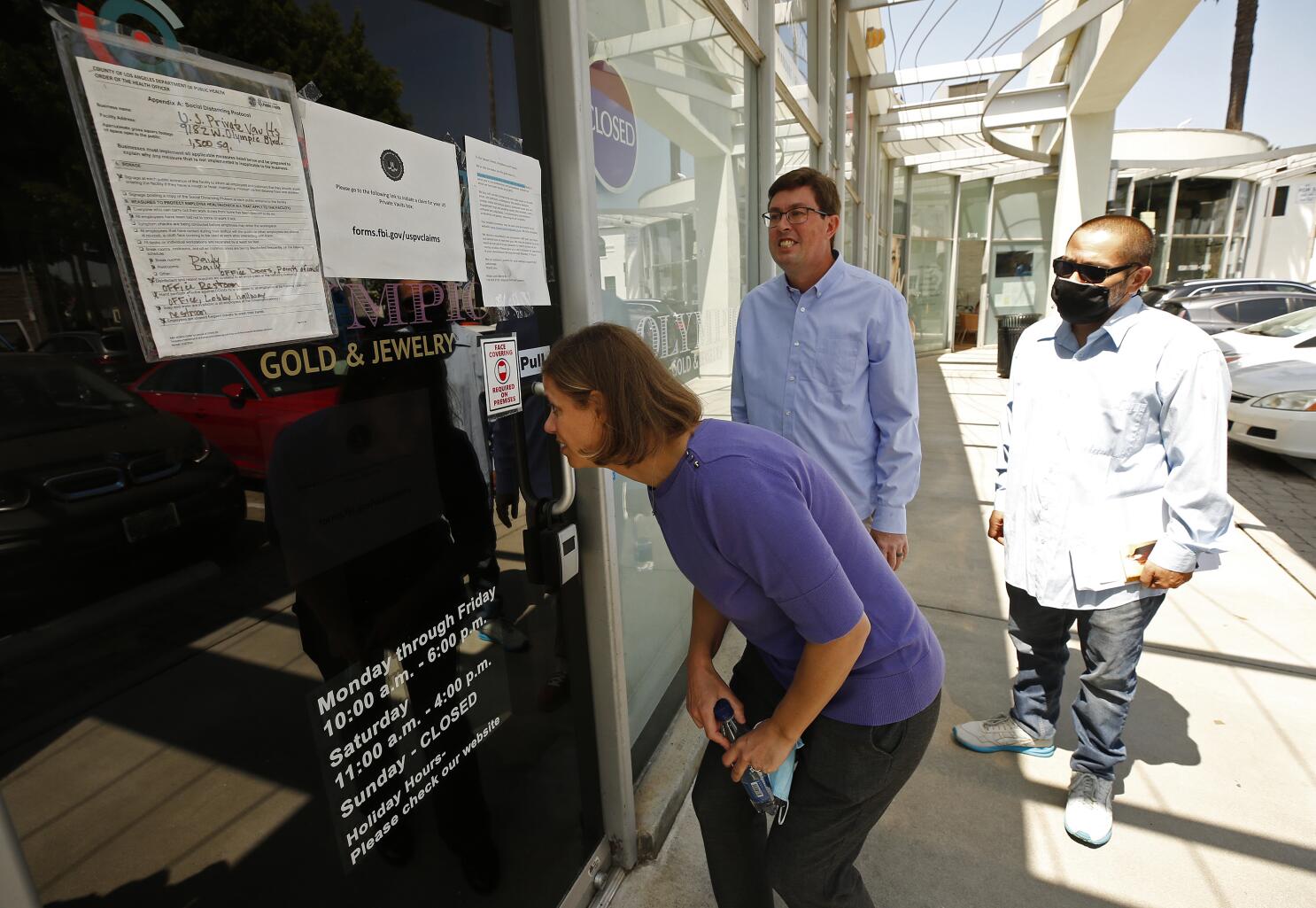Loophole Lets Missouri Cops Keep Millions in Forfeiture Funds (and Away from Schools)
Under a civil forfeiture loophole, Missouri law enforcement agencies have diverted millions of dollars in seized assets away from a fund for public schools, instead retaining those funds for their own use. A new report by the Missouri State Auditor found that police had seized over $6.2 million worth of property in 2016. Of those seizures, $2.7 million, or nearly 45 percent, were transferred to a federal agency. Less than $100,000—a mere two percent—was transferred to the state to benefit public education, in accordance with Missouri state law. Auditors also reported that less than half of all seizures were accompanied by criminal charges.
The Show-Me State is one of a mere half dozen states that bans law enforcement from retaining any forfeiture proceeds. Instead, as outlined by the state constitution, “the clear proceeds of all penalties, forfeitures and fines collected…shall be distributed annually to the schools.” Missouri is also just one of 12 states that requires a criminal conviction before property can be forfeited.
But those provisions do not apply to federal law, which has laxer protections for property owners. Through a program known as “equitable sharing,” state and local agencies can partner with a federal agency and litigate to forfeit the property federally. If they prevail, police and prosecutors can collect up to 80 percent of the proceeds, even if that circumvents Missouri law.
On Tuesday, the Missouri House of Representatives is expected to hold a hearing on a bill that would curtail equitable sharing. Introduced by Rep. Shamed Dogan, HB 231 would ban law enforcement from transferring or referring seized property to a federal agency, unless the property involves cash in amounts over $100,000. Dogan’s legislation would not prevent law enforcement from seizing contraband or property believed to be “the proceeds or instruments of a crime.”
Similar reform measures have already been enacted in five states and the District of Columbia, while comparable bills have advanced in Arizona and New Hampshire this year.
Writing in National Review last summer, Dogan called on his fellow lawmakers to “end for-profit policing.” “Civil-asset forfeiture causes too many people’s lives and treasure to be put at risk for the sake of increasing government revenues.”
Related:
Civil Asset Forfeiture in Texas: Where and Why Does It Occur? | A dysfunctional civil-forfeiture system seizes savings, destroys lives | Highway Robbery: Philly Cops Abuse Civil Forfeiture. Seize $50M, 1,240 Properties & 3,530 Vehicles. | How to Negotiate Settlements in Forfeiture Cases | Cops Seize Almost $150,000 from Black Musician for Not Using His Turn Signal | Warrant of Arrest in Rem | Civil Forfeiture & the Eighth Amendment: Protecting Your Property Rights | Supreme Court says states can’t impose excessive fines, and delivers a win to former heroin addict in pivotal ruling | Three Reasons Trump is Wrong to Oppose Civil Asset Forfeiture Reform | Asset Forfeiture: A Double Whammy of Bad Policy | Top Strategies for Business Legal Compliance | The Heat: US Civil Asset Forfeiture Controversy | The Role of Deadlines in Asset Forfeiture Cases | $3 Million Federal Court Settlement: Philadelphia Agrees to End Civil Forfeiture | Petition for Remission or Mitigation of the Forfeiture | Ending Government’s Civil Asset Forfeiture Theft of Property One State at a Time | Legal Loopholes in California Forfeiture Law Explained | International Asset Recovery Legal Strategies | Wisconsin Enacts Sweeping Civil Asset Forfeiture Reform | Texas Nurse Sues Feds Over Abusive Civil Forfeiture Practices | Indiana Supreme Court Applies Eighth Amendment to Curb “Oppressive” Asset Forfeitures | Sen. Lee Questions ATF Nominee on Civil Asset Forfeiture | The Role of Forfeiture in Federal vs. State Investigations | How California Health & Safety Code 11470 Impacts Property Owners


![101044051-93028919r[1]](https://www.rucci.law/wp-content/uploads/2023/12/101044051-93028919r1.jpg)





![Figure-17[1]](https://www.rucci.law/wp-content/uploads/2023/12/Figure-171.png)


